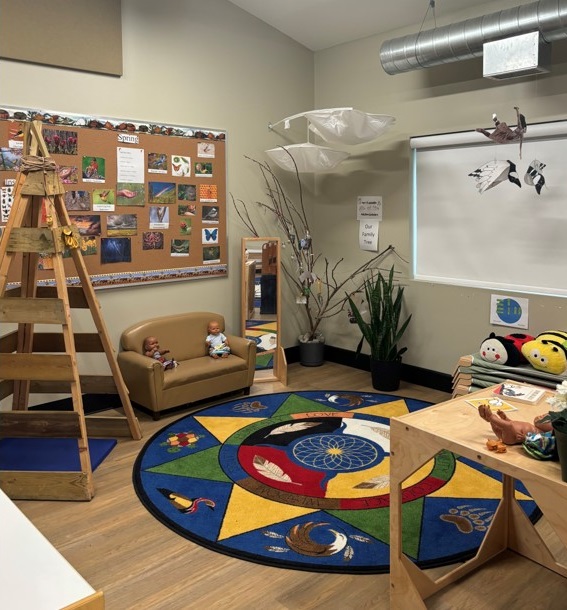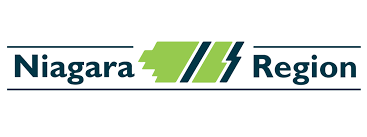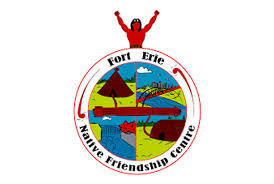Indigenous-led RECE Training Program
Developing an Indigenous-led RECE Training Program in Niagara
By: Niagara Region
May 2024
Background
In July 2016, the Ministry of Education announced The Journey Together funding; $150M to expand access for Indigenous children and their families to child and family programs on reserve and licensed child care and culturally relevant child and family programs off reserve.
Locally this translated into an investment of three additional licensed child care centre classrooms, and a new EarlyON Centre space at a local Indigenous Friendship Centre. After many construction delays due to the global pandemic, the new classrooms and EarlyON space were completed in 2021.
From the completion date in 2021 to the fall of 2022, these brand-new child-care classrooms never became operational as the qualified staffing shortage had reached a critical level with no applicants applying to vacant registered early childhood educator positions. At the same time, demand for these spaces continued to grow with over 200 children on the centre waitlist.
These closed classrooms were the catalyst that led to the partnership between the Niagara Region Children’s Services Division, the Fort Erie Native Friendship Centre (FENFC), Niagara College (NC) and Six Nations Polytechnic (SNP) in the planning and delivery of an Indigenous-led Registered Early Childhood Educator (RECE) Program pilot project.
Indigenous-led Registered Early Childhood Educator (RECE) Program
The partners came together to offer a Registered Early Childhood Education (RECE) program, with an Indigenous focus, via a remote classroom located within the FENFC. The goals of the pilot program were to provide:
- Access to training and education at the local level with a focus on meeting a critical labour shortage at a community level;
- A community approach with wrap-around services for students;
- An inclusive program with a focus on Indigenous learnings that reflected the goals and intentions of the Journey Together and the community; and
- Provide a hyper flex learning model that respected the unique needs to the students and the community.
Leveraging the provincial Child Care and Early Years Workforce Funding, Niagara Region Children’s Services provided funding for 16 students to be enrolled in the program, with no fees or costs to the students. The Indigenous-led ECE program, started January 9, 2022, continues over four consecutive terms, and will conclude in the Spring of 2024.
The Indigenous-led ECE program is taught by a qualified instructor from SNP, using the RECE program curriculum developed by Niagara College and recognized by the College of Early Childhood Educators, but with an Indigenous culture lens on the curriculum. The curriculum is delivered through a hyper-flex instruction model, offering synchronous and asynchronous learning opportunities to meet the unique learning needs of the students. SNP worked with FENFC on developing the instruction schedule to ensure flexibility, taking into consideration family and employment 
In May 2024, for those students who successfully complete the Indigenous-led ECE program, Niagara College will issue a two-year college diploma in Early Childhood Education. As a condition of their participation in the program, upon receipt of their ECE diploma, and registration with the College of Early Childhood Educators, new graduates will agree to work in the early years and child care sector in Niagara region for a minimum of one year.
As we near the completion of the program, the partners have begun preliminary discussions about the possibility of continuing the program. To inform this planning, students have shared feedback about the program. More specifically, students appreciated the flexibility of classes (in person, virtual, synchronous and asynchronous) and the SNP and NC student supports, and because the program is delivered within their community, this eliminated transportation barriers.
Students also shared some of the barriers to success, more notably, a lack of child care required more virtual learning and made field practicum placements extremely challenging for some students. Another important barrier to note was the change in financial circumstances experienced by some students, as approximately half of the students resigned from a permanent position to participate in the program.
To date, there are eight students of the original 16 who remain in the program, translating into a 50% attrition rate. The partner's discussion for any potential next round or expansion will involve thoughtful planning to address barriers to success experienced by students so that a more fulsome wrap-around of services is provided to support students and ensure their success.
About the Author

Niagara Region is a Regional municipality serving more than 480,000 people who call Niagara home. Niagara Region is a unified community of communities with diverse opportunities and qualities.
Blog categories: Niagara Region, Diversity, Equity, Inclusivity, Indigenous, Early Childhood Education, New Service Delivery Model
